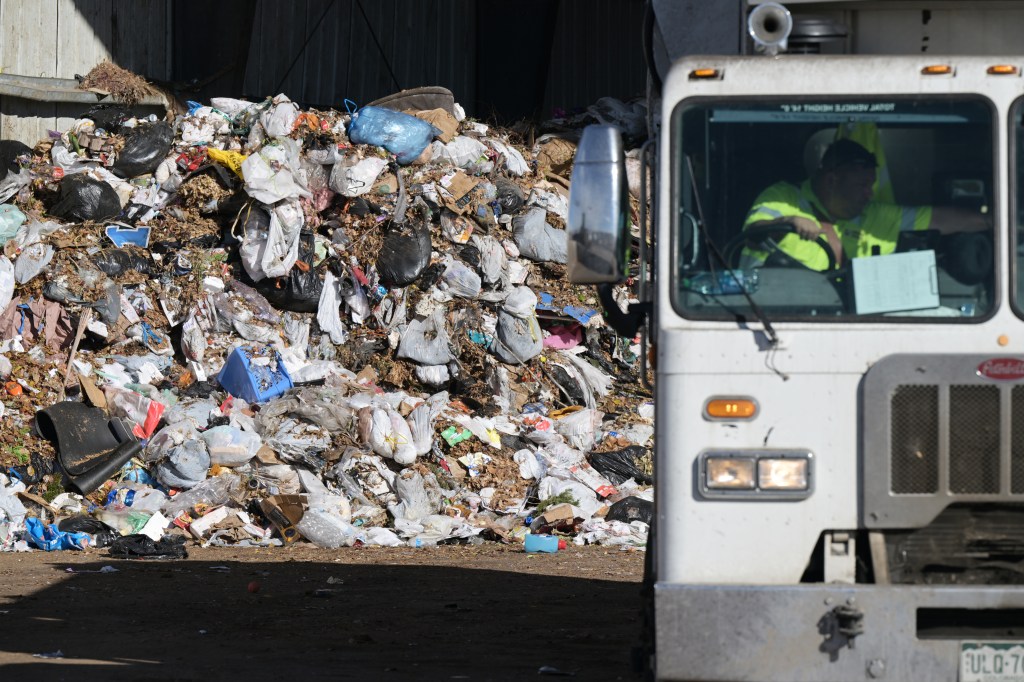
Frustrated by Denver’s new trash fee? It’s worse than you know.

In June 2022, the Denver City Council concocted a scheme to begin charging residents a fee for trash services with the goal of increasing composting and decreasing the amount of trash headed to Denver landfills.
The “pay as you throw” plan hasn’t failed by every metric, but Denverites’ frustration over the added fees and poor service is palpable.
Sure, the city claims that since the program began six months ago the amount of trash headed to landfills has decreased by 3%. That is likely almost completely in response to the increased recycling service, which now comes weekly instead of every other week. It is hard to believe that the improvement is in any way a reflection of composting or the new “pay as you throw” policy with different-sized bins costing different amounts.
Despite the fee starting months ago, most residents haven’t received the promised increase in services for compost or even the smaller, less expensive bins that would help reduce the amount of trash and help encourage more recycling.
And, to add insult to injury, the city was caught by CBS News Colorado reporter Brian Maass throwing away at least 3,000 of the larger trash carts that customers had traded in for smaller less-expensive carts as part of the program.
Maass reported that the manufacturers of the larger trash carts reported that they were “fully recyclable.”
The joke is on us as even the City of Denver doesn’t seem to be taking the mantra reuse, recycle and reduce seriously. About 30,000 people have received new smaller carts, which is the epitome of failing to live by the reduce and reuse mantra. And then to have 3,000 of those carts, perhaps more, sent to the landfill when one of the companies that manufacture some of Denver’s carts has a buy-back for recycling policy is just the height of indifference even if those carts were a mere drop of water in a sea of trash.
“Any plastic product we produce, we offer to buy it back at the end of its useful life and recycle that and get it back into our products. That’s really the truest example of the circular economy — it’s taking an old recycling bin and making a new recycling bin with it, and that’s exactly what we do,” Erika Daley with the manufacturing company Rehrig Pacific told Maass.
Those customers who requested the smaller trash bins were also relying on getting compost bins to help reduce their trash. The Denver Post’s Joe Rubino reported that at least half of solid waste customers who don’t already compost won’t get their bins until 2024.
Yes, customers without compost bins are getting a $9 a quarter credit on their bills, but they are still paying $21 a month for a large trash bin and $13 a month for a small trash bin.
The city should have listened to Councilmember Kevin Flynn and delayed the entire program until it could roll out with success instead of failure. A delay would have allowed the city to develop a plan for old and broken bins turned in for smaller, newer units. A delay would have allowed people to get smaller trash bins at the same time they got compost bins. A delay would have given Denver residents a sense of confidence that their money was going to a good and worthwhile project.
But, wait, there’s more.

